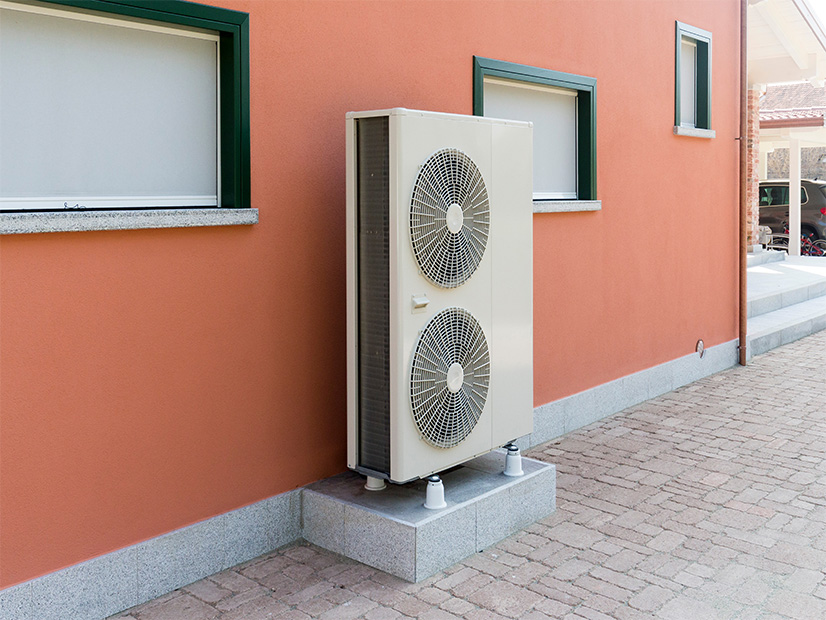
The Inflation Reduction Act (IRA) has “a lot of positive elements” that would support the natural gas industry’s efforts to provide decarbonization solutions for reaching net-zero emissions by 2050, Rick Murphy, managing director at the American Gas Association, said Tuesday.
“We have been hard at work digging through this 800-page or so piece of legislation … and we do think that [it] is better than most other proposed legislation that has surfaced over the last year,” Murphy said during an E-Dialogues webinar on natural gas in a net-zero future.
Senate Majority Leader Chuck Schumer (D-N.Y.) and Sen. Joe Manchin (D-W.Va.) reached a deal July 27 on a climate package for the IRA, which passed the U.S. Senate on Sunday. (See Senate Passes Inflation Reduction Act.) Speaker Nancy Pelosi (D-Calif.) has promised that the U.S. House of Representatives will pass the legislation without changes.
There are measures in the IRA that Murphy said align with the AGA’s Net-Zero Emissions Opportunities for Gas Utilities report released in February. He lauded opportunities in the legislation to advance renewable natural gas and hydrogen through tax credits as “very positive.”
“There are incentives for combined heat and power, particularly if [CHP] is then matched up with renewable sources of natural gas,” he said.
The legislation represents a “watershed moment” for understanding the role of a diverse set of renewables for the U.S. energy grid, said Mary Moerlins, director of environmental policy and corporate responsibility at NW Natural (NYSE:NWN). “This is the first time that we’ve seen, at a federal level, the recognition of the importance of renewable gases and the development of them to decarbonize the pipeline delivery system.”
The IRA also represents the first federal legislation that references gas heat pumps (GHP), according to Murphy. Residential GHPs and GHP water heater purchases would be eligible for a tax credit.
GHP technology is not available for residential use in the U.S. yet, but some utilities are pushing for their introduction to the market “late next year, or early the following year,” Jerome Ryan, director of SaveGreen at New Jersey Natural Gas (NYSE:NJR), said during the webinar.
NJ Natural Gas is one of 14 organizations that founded the North American Gas Heat Pump Collaborative. “We formed that collaborative to try to introduce market transformation for GHPs so that they can come to market and start to help us on this decarbonization journey,” Ryan said.
The technology uses natural gas instead of electricity for the compression functions of a heat pump and can use water as a refrigerant instead of less environmentally friendly refrigerants often used in electric-based heat pumps.
“We see a huge leap forward in efficiency with the introduction of gas heat pumps,” Ryan said.
Carl Garofalo, director of sustainability solutions at Southern Company Gas (NYSE:SO), highlighted the bill’s weatherization rebates as an opportunity to address the energy efficiency of “entire homes, especially for low-income customers.”
He said those rebates will allow homeowners to combine end-use energy efficiency upgrades for furnaces or water heaters with whole-building envelope improvements.
“If you address the entire building and improve your insulation, doors and windows and then put that better equipment into it, it’s really going to move the needle,” he said. “We look forward to leveraging the dollars that are in that portion” of the bill.
Murphy called energy efficiency programs that are administered by U.S. gas utilities the “cornerstone” of any decarbonization strategy.
“Over the last 40 years, the number of residential gas customers has grown by 71%, and during that time, overall, the demand has remained relatively flat,” he said. “These efficiency programs have been extremely beneficial in helping to address the energy demand across not only the residential sector, but all the other sectors that [gas utilities] serve.”


